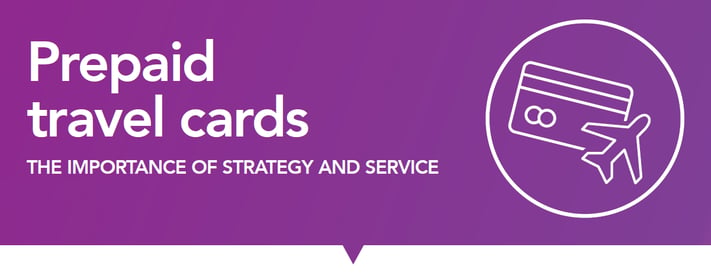
Consumer Intelligence research highlights that holiday makers still don’t buy the prepaid card.
Here are the reasons why:
- The purchase of a prepaid card is painful. The registration and anti-money laundering process within in a retail network is slow and laborious. Sales consultants won’t sell the card if there is a queue and customers certainly won’t wait.
- Customers don’t set out to buy a pre-paid card; they are sold a prepaid card. The value proposition needs to be communicated to potential buyers through PR and Marketing. Sales consultants need to be trained how to sell the value of them.
- The fees and charges are unclear for multi-currency cards. Customers want to understand the rates when exchanging currencies on the card and their competitiveness against buying physical cash.
- Often there’s no fail safe. Unlike the days of the travellers cheques, lose the card and you have to wait until you get back from holiday and in the meantime, you’re stuck without your Travel Money.
- Terms and conditions are longwinded and convoluted – it’s got to be as simple as buying currency otherwise customers are wary and won’t bother.
- Perceived loss of profit direct to the travel organizations. With the pre-paid product profits get split across the travel company and the pre-paid programme manager. The programme manager will argue the card delivers safety, security and loyalty. The travel organizations will argue it loses exchange rate revenue.
- The customer loses out when they go back to use the card as often inactivity fees will be incurred after a set period.
Prepaid travel cards infographic - the importance of strategy and service
To get a deeper understanding of the challenges faced by prepaid travel card providers, Consumer Intelligence surveyed 1,087 consumers. The results highlight the importance of convenience and a strong upsell strategy over competitive exchange rates.




Submit a comment